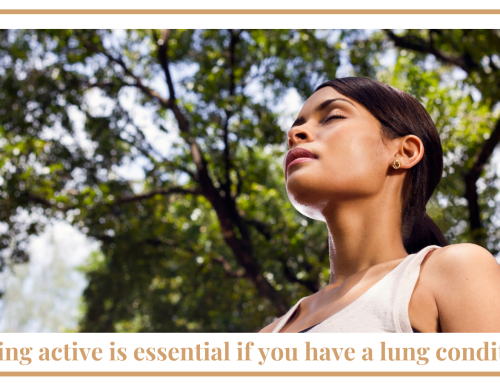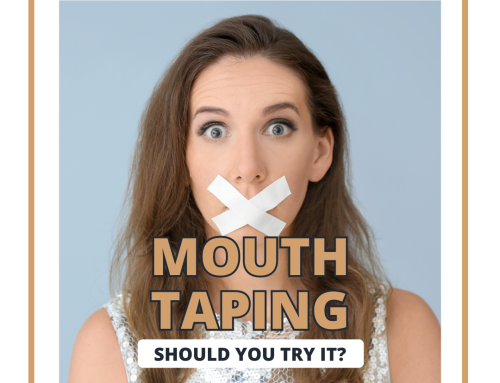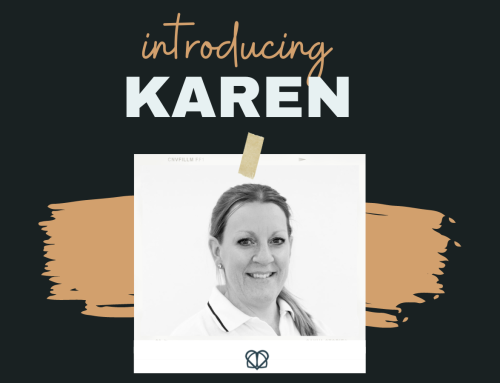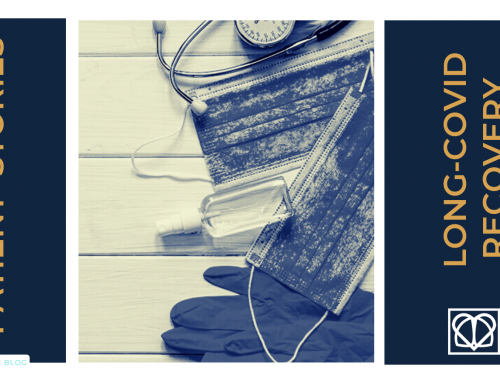
The news is awash with stories around mental health, with the media suggesting that a mental health crisis is looming. As next week is Mental Health Awareness week it’s an appropriate time to take a look at the psychological impact of suffering with a chronic illness.
Living with a chronic condition like COPD is not only debilitating for your physical health and wellbeing, but it can have a negative effect on your mental health too. The stress of dealing with reduced mobility, feeling like life is a daily struggle and not knowing which “body” you’re going to wake up with each morning really can take its toll on how you feel. Those emotional challenges can leave you feeling despondent and frustrated – especially if you feel that you’re unable to be involved with the activities you once enjoyed and you no longer have the same zest for life.
Estimates suggest that as many as 40% of those who suffer with COPD struggle with anxiety and depression, whereas it’s only around 15% of the normal population. So it’s much more common for those with COPD to have these mental health problems than it is for those who don’t have the lung condition. And those who are more advanced in the disease are more likely to have more severe anxiety and depression than those at the earlier stages of the disease.
Why?
The belief is that because the chronic lung condition inhibits normal activity so much, meaning that someone is less able to do physical exercise, spend time doing active things with friends and family, and in some cases even struggle to work, it takes a huge toll on their emotional wellbeing. People can begin to feel isolated, lonely and upset about the impact the disease is having on their daily life.
Having these negative thoughts can lead on to develop a real sense of hopelessness, which only exacerbates the emotional stress.
Anxiety also features because of the breathlessness that comes with COPD. Coupled with the uncertainty for the future and how the disease will unfold, it creates a real sense of worry. For those without COPD, going about the daily task of breathing in and out is something we very rarely think about. When you have a lung condition it’s entirely different, as the sensation of struggling for breath can create a sense of panic and distress. This can then turn into a vicious cycle: when you have difficulty breathing you become anxious, but the physiological reactions to anxiety (racing heart and lightheadedness) also create more breathlessness.
There is also a strong link between certain medications used to treat COPD and anxiety. These are:
-
Bronchodilators, like albuterol
-
Theophylline
-
High-dose corticosteroids
What can you do about it?
If you feel you’re struggling with depression or anxiety, don’t feel like you have to suffer along the journey on your own. Remember that physical and mental wellbeing are inextricably linked so dealing with both together could help you learn to cope better as a whole.
Our top tips are:
-
Understand that it’s perfectly normal. Feeling depressed or anxious when you suffer with COPD is incredibly common. You’re not superhuman and something can be done to make things better.
-
Seek advice. Speak to your GP or medical practitioner about how you’re feeling and get help. They may prescribe you with medication to manage your symptoms.
-
Look after your body. Light exercise (within the constraints of your individual situation and as recommended by your doctor) can help boost your energy levels and how you feel overall. This will also help limit the effects of muscle loss that can be a factor of having COPD.
-
Learn breathing techniques. I can assist with pulmonary rehabilitation and breathing techniques that help you manage that feeling of breathlessness, which in turn can help you feel less anxious.
-
Look into support groups. Knowing that you’re not alone and being able to share your experiences with other people who are in the same position as you can have a positive influence on how you feel. Visit the British Lung Foundation website and find out more about support groups in your area.




